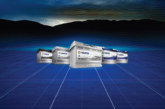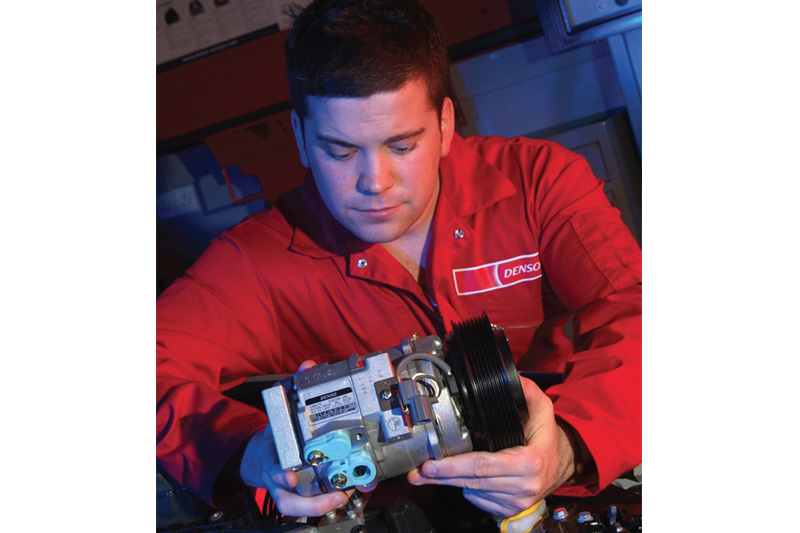
Despite the fact that AC and climate control systems have been standard features on ‘typical’ cars for a number of years, DENSO AC Product Specialist, Richard Groot, claims AC servicing still presents a challenge for your customers, due to lack of AC knowledge – does this sound a familiar story?
Although technicians generally have a sound knowledge of how most vehicle systems – engine, exhaust, thermal (cooling), ignition, transmission, chassis etc – actually function, the majority don’t have the same level of understanding of the AC system, which is a fundamental problem.
This lack of knowledge of the basic operating theory means that, in a typical independent workshop anywhere in Europe, AC servicing is not carried out to the quality that it should be, and why specialist AC businesses have thrived.
“Irrational situation”
Motorists should have confidence that the workshops they use can competently undertake all types of service and repair work on their vehicles. It also means that workshops are losing out on much-needed revenue.
Every AC system, whether in a traditional combustion engine powered vehicle, a hybrid or a full EV, operates on the same principle: take heat from point A (generally inside the passenger compartment), and transfer it to point B (outside the vehicle).
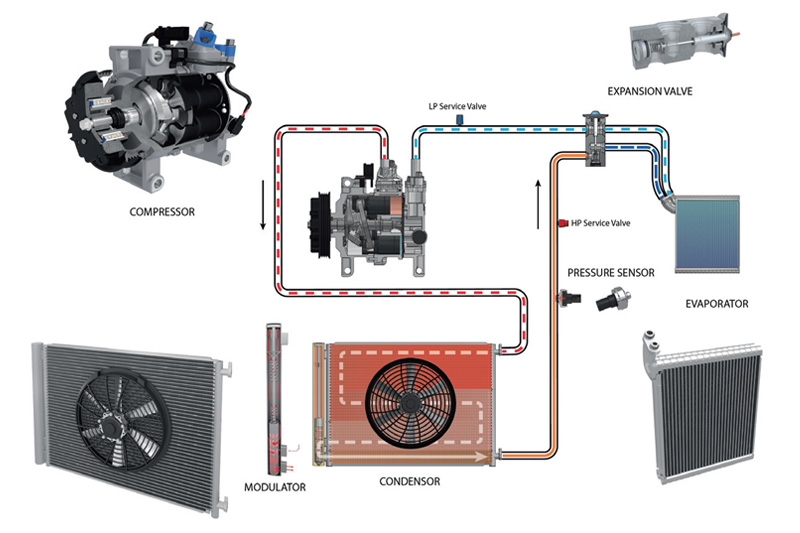
However, because they don’t have a combustion engine from which to harvest heat, many EVs use a heat pump system, which can also reverse the cycle when the weather is cooler and take heat from the outside and use it to warm up the passenger compartment, as well as being able to cool it when the outside temperature is high. However, while the system is very efficient at using only a small amount of power to warm the passenger compartment, its heating performance is significantly reduced at low ambient temperatures, because it is difficult to collect heat from outside in these conditions. To combat this problem, some hybrids, such as the Toyota PRIUS PHV, are equipped with an electric compressor, which has a gas injection function that assists heating by returning a portion of the heat-dissipated refrigerant back to the heat pump system.
Irrespective of whether it’s a traditional or heat pump system, this widespread lack of understanding of how the AC system works means that mistakes in diagnosis and repair are often made, and sadly, the typical workshop’s response to AC service is to just re-gas the system, which, without understanding the basics, can often cause more problems than it solves and certainly cannot be described as AC service!
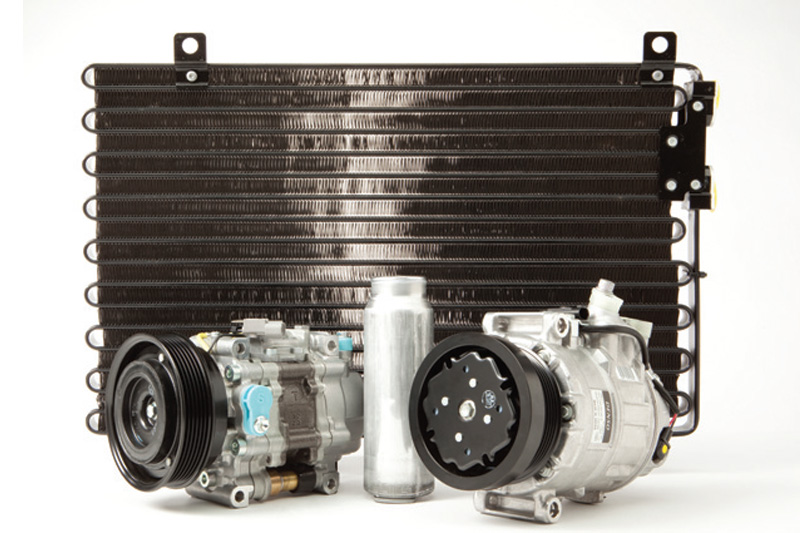
It is also worth mentioning that the situation can be made even worse if, in addition to not understanding the AC system, technicians also don’t understand how an AC refilling machine operates and what it does, and just hope that using it will automatically service the system! Fundamentally, if they don’t understand the AC system, they won’t be able to diagnose problems with the refrigerant cycle. The component that’s in the frontline when it comes to the consequences of the most common errors is the compressor. This is because it does the hard work of pushing the oil/refrigerant mixture around the system, and if there is the slightest problem with the ratio of the mixture or it is contaminated with dirt or debris from a worn part, the compressor will take the brunt, so is the unit most likely to fail.
Beware of underlying issues!
However, going back to the lack of AC knowledge in the industry, although it’s the compressor that is likely to fail, it’s rarely the compressor itself that’s at fault – it’ll be another underlying issue that needs to be resolved before the compressor is replaced; otherwise, a new compressor will simply fail again.
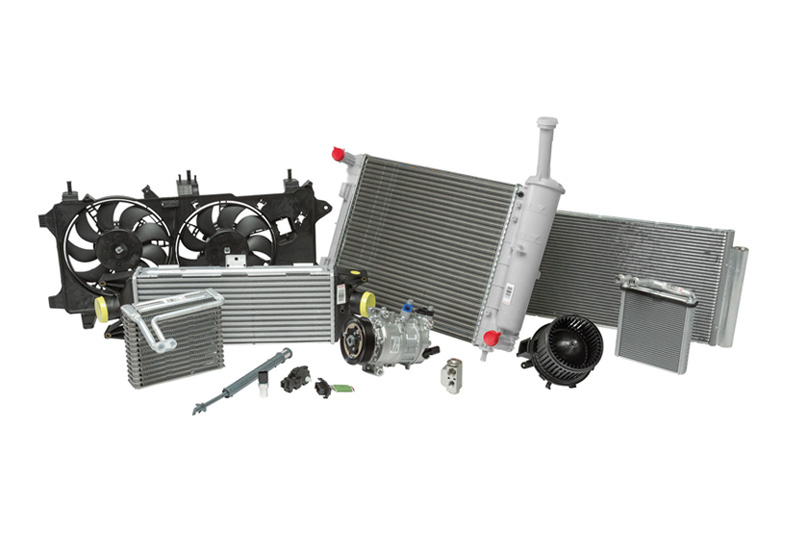
So, referring to the AC refilling machine, if they do not understand what the machine is doing during an AC service, especially if it is a fully automatic machine, things can go wrong; for example, it’s easy to add too much oil or too much UV-dye to the system, because the machine is on the wrong setting. It’s also possible to introduce the incorrect amount of refrigerant because of an uncalibrated scale on the internal tank.
As a result of all these factors, AC system repair can sometimes become a case of trial and error, instead of real fault finding. As technicians struggle to understand the refrigerant cycle, in many cases their diagnosis is only based on checking the system’s pressure, but as many vehicles now use electronic controlled, variable displacement compressors, it is also important to check the system’s temperatures and live data, for example. Not following the installation instructions when replacing a compressor is another major problem, which can result in a further failure and expensive (warranty) repairs.
Across Europe, DENSO offers training covering everything from the basic steps of AC service, through to the analysis of compressor failure. You can offer this as part of the DENSO customer service, while videos are available on YouTube or via our online e-Learning training platform.

